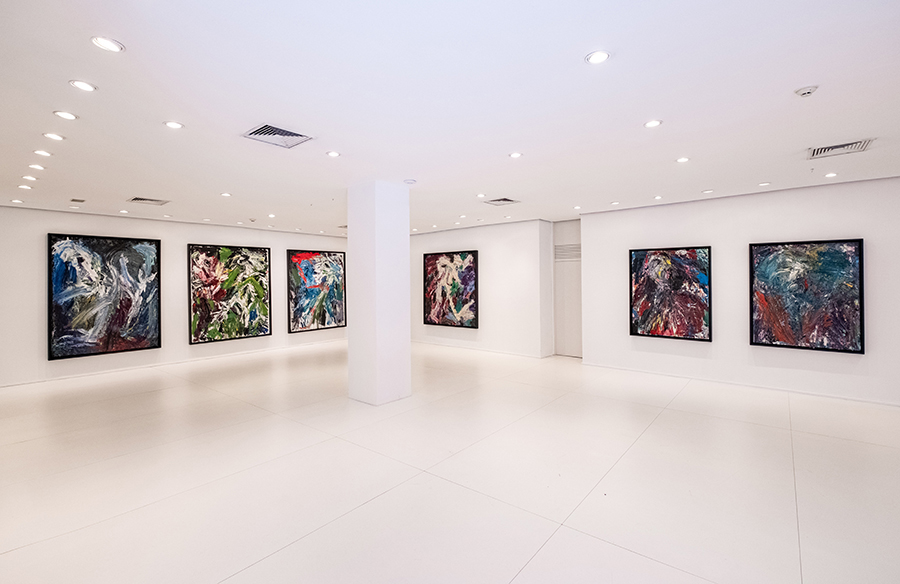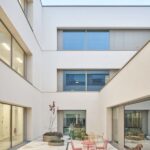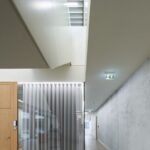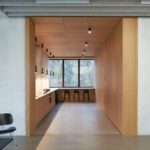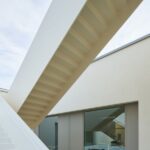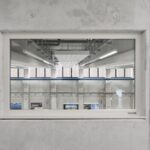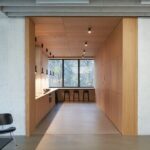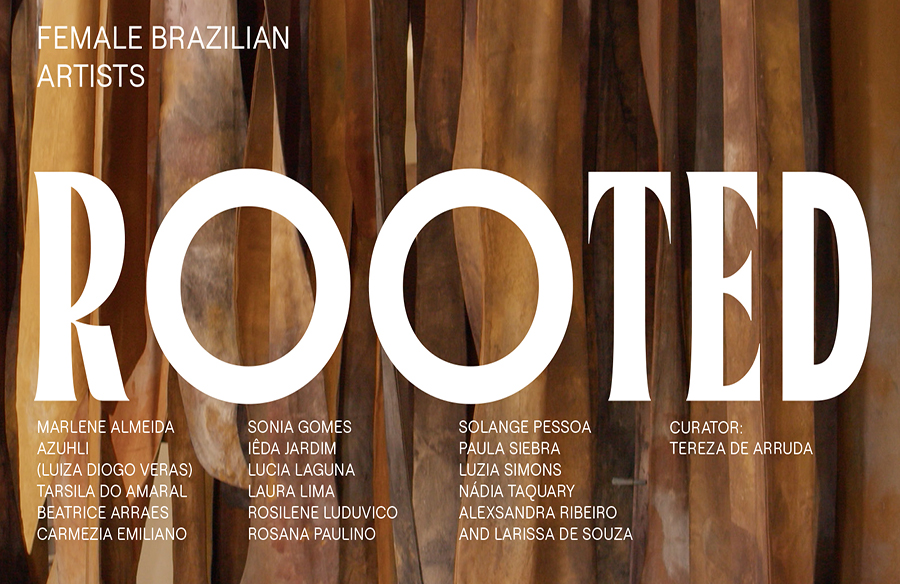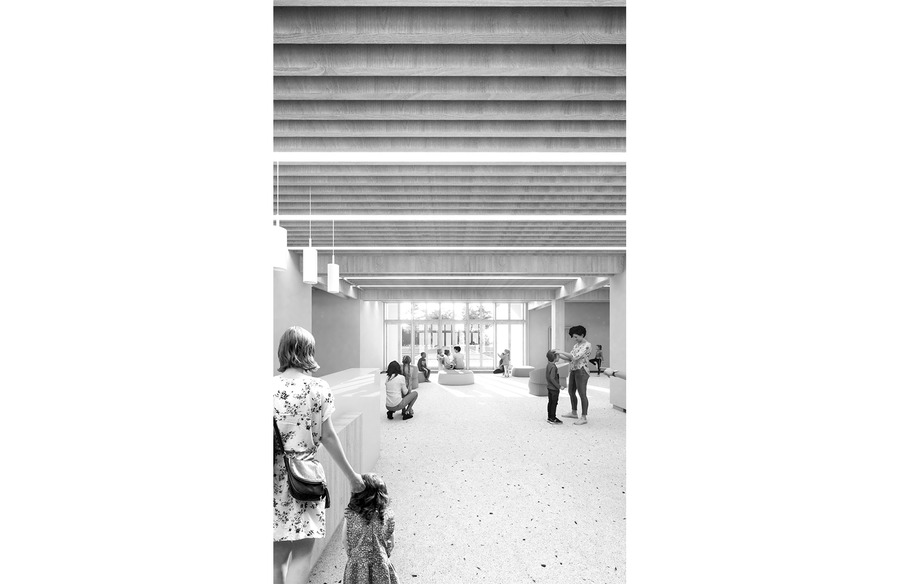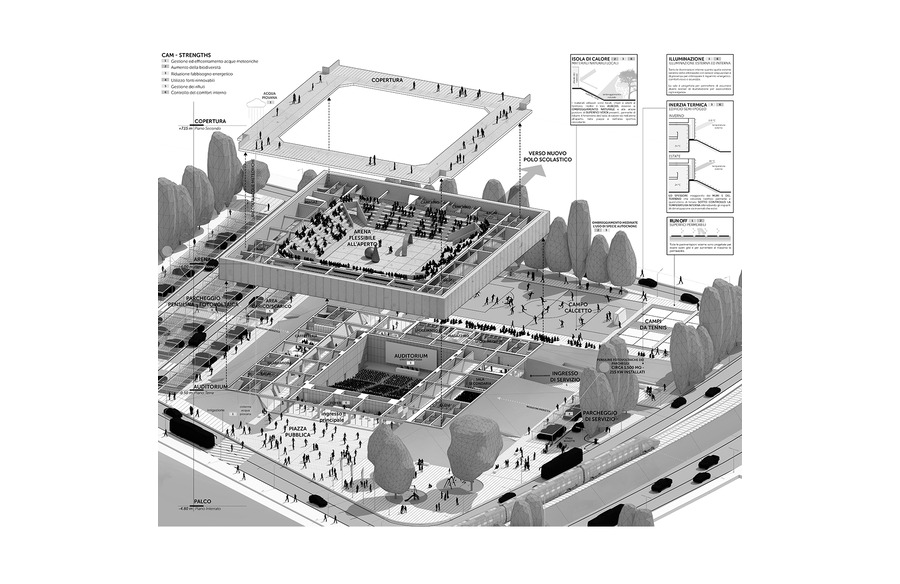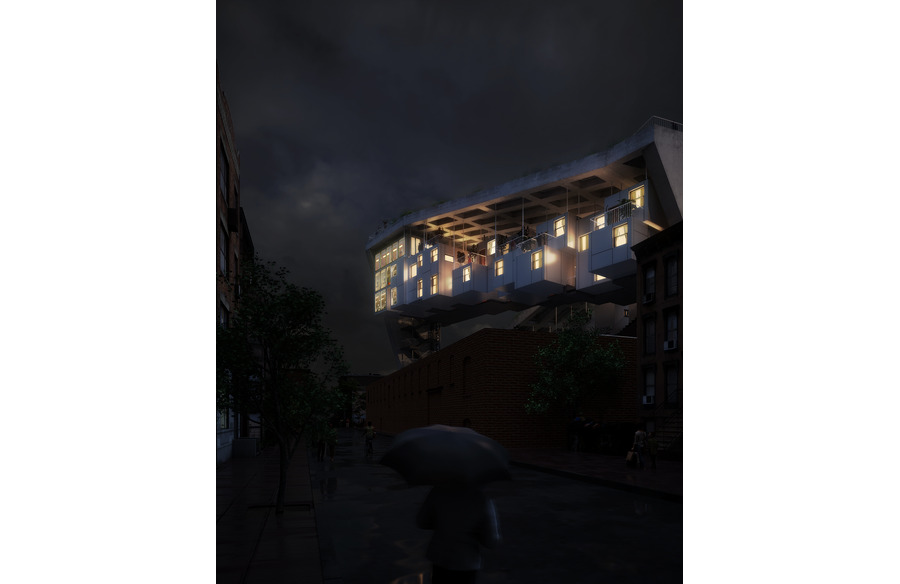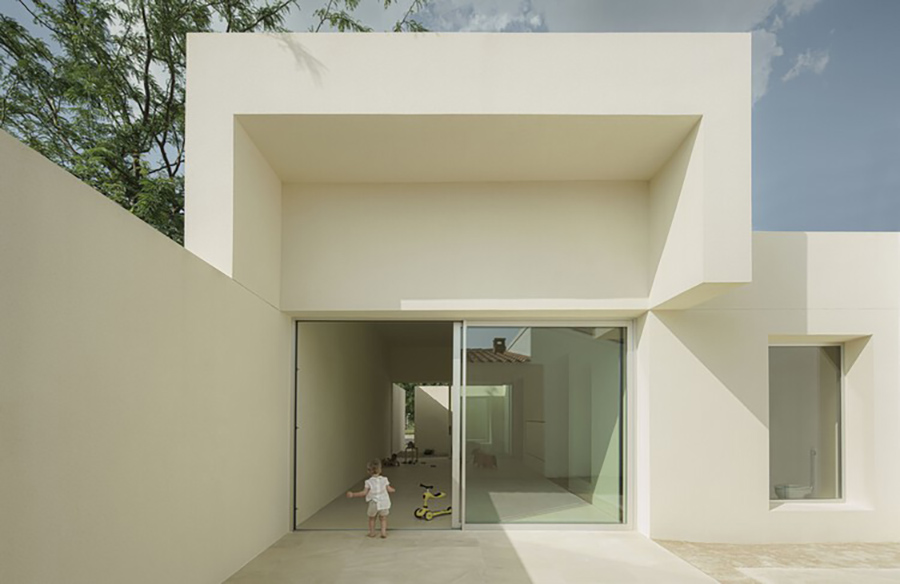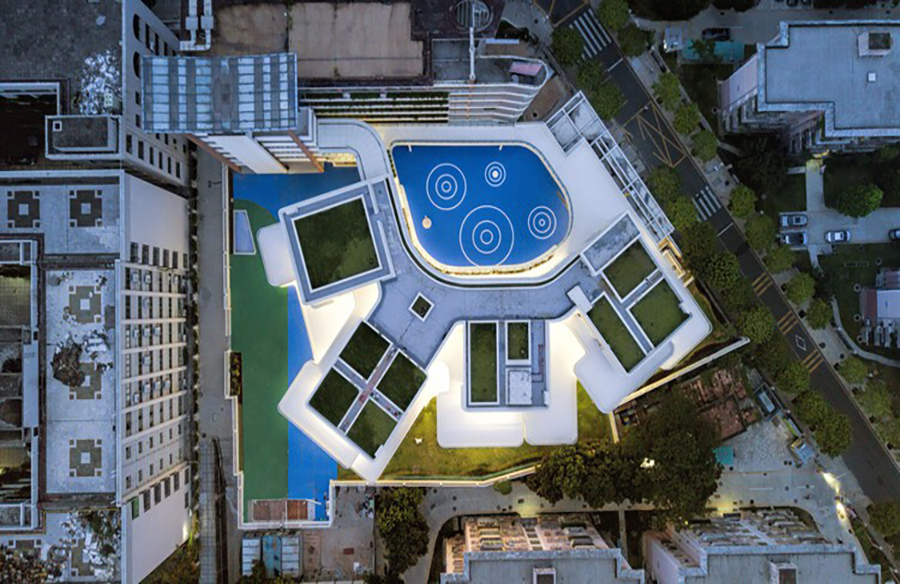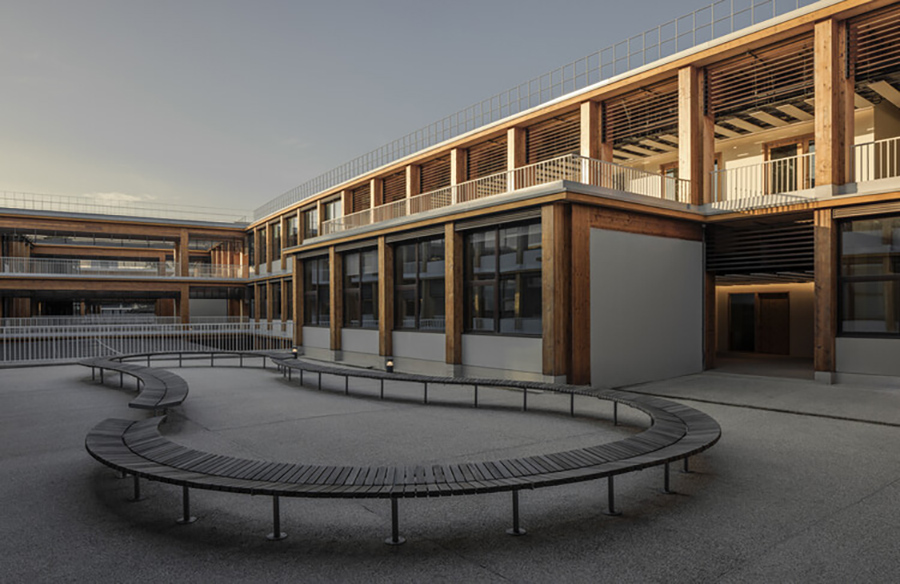Scientific Research Center Erlangen Centre for Astroparticle Physics
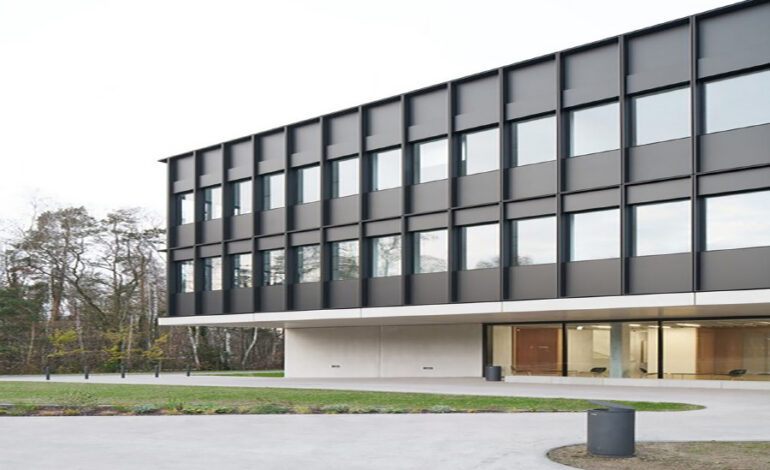
Situated at Erlangen University Campus in Germany, the Erlangen Centre for Astroparticle Physics (ECAP) stands as a testament to scientific innovation and architectural excellence. Designed by ARGE dichter and Glass Kramer Löbbert, this state-of-the-art research facility embodies a commitment to advancing the detection and analysis of high-energy astro particles.
Scientific Endeavor
The ECAP facility serves as a hub for research into high-energy astro particles and their distant sources. With a focus on contributing to international detection programs like CTA/HESS, IceCube, and KM3Net, the center is equipped to develop key components vital for advancing our understanding of the universe.
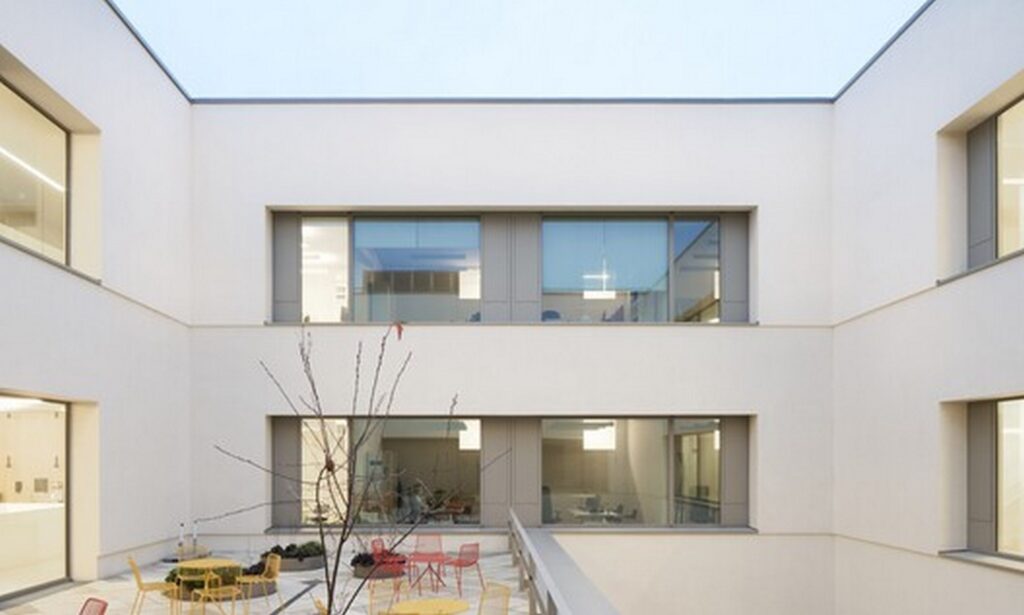
Flexible Design for Collaboration
Featuring laboratories, workshops, and office spaces, the design of ECAP prioritizes flexibility and collaboration. An open meeting zone at the center of the building encourages interaction among researchers, while strategically placed coffee points and meeting rooms facilitate communication and idea exchange.

Architectural Integration
The architectural design seamlessly integrates with the surrounding environment, with two courtyards framing the central staircase that spans all three floors. Natural light floods the workspaces, offering views of the green campus, while the bright mineral surfaces and wooden accents create a welcoming and airy atmosphere.
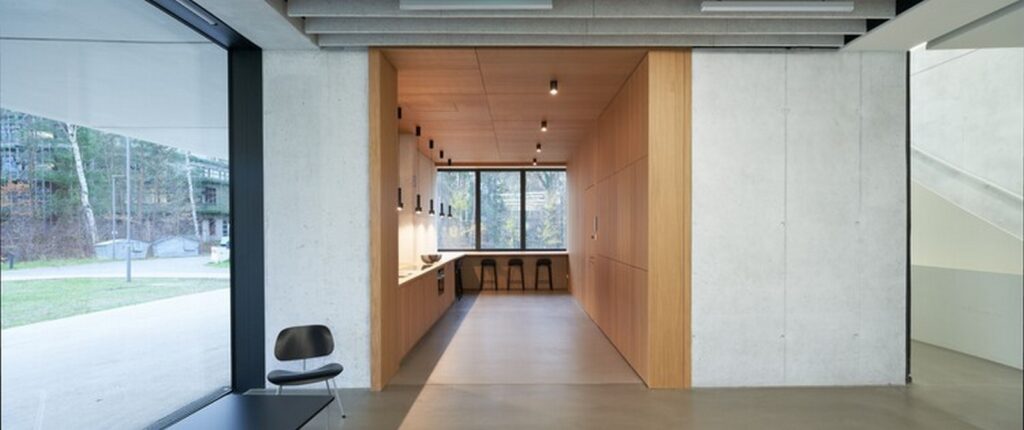
Sustainability and Longevity
Embracing a low-tech approach to sustainability, ECAP maximizes spatial flexibility and energy efficiency. The compact shape of the building minimizes heating and cooling energy input, ensuring its longevity and minimizing its environmental impact.
A Beacon of Scientific Excellence
ECAP stands as a symbol of scientific progress and architectural innovation. By providing a conducive environment for groundbreaking research and collaboration, the center is poised to make significant contributions to our understanding of the cosmos.





